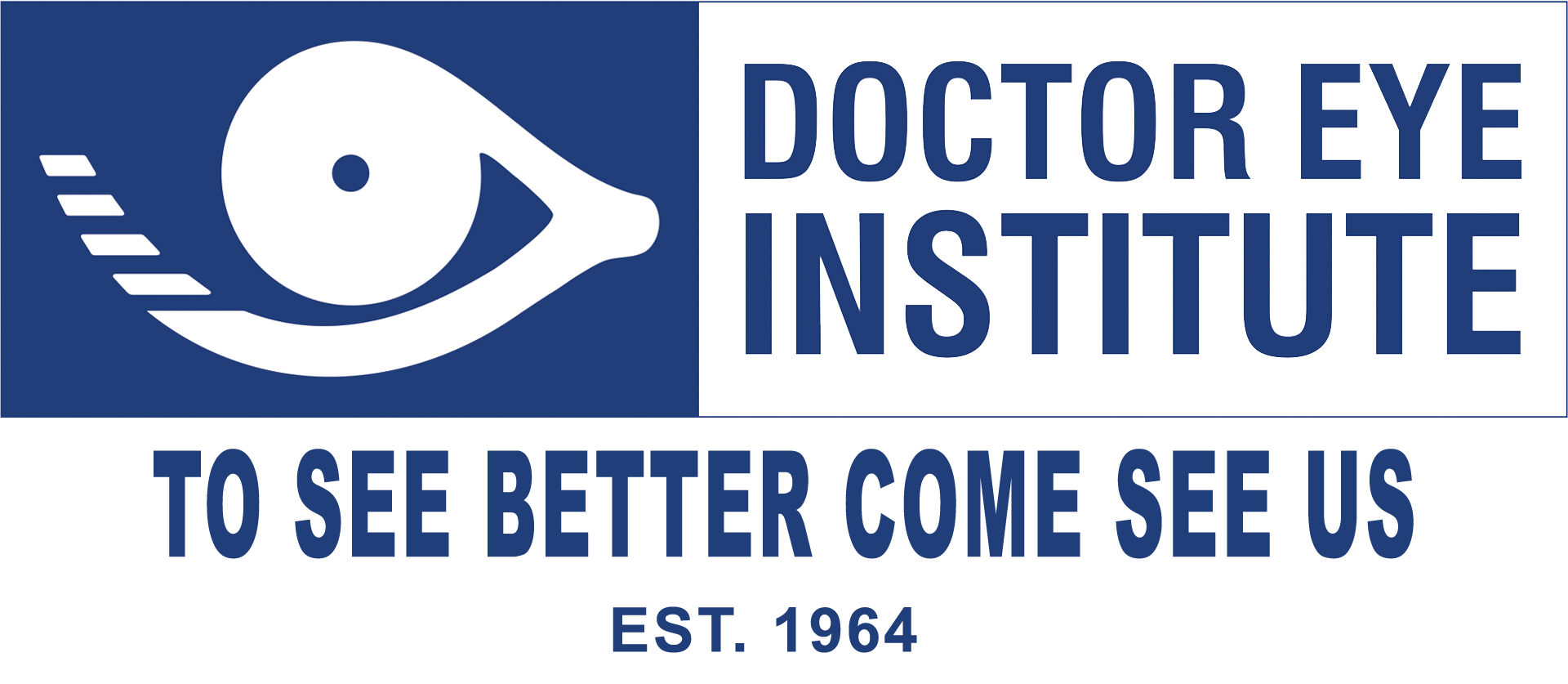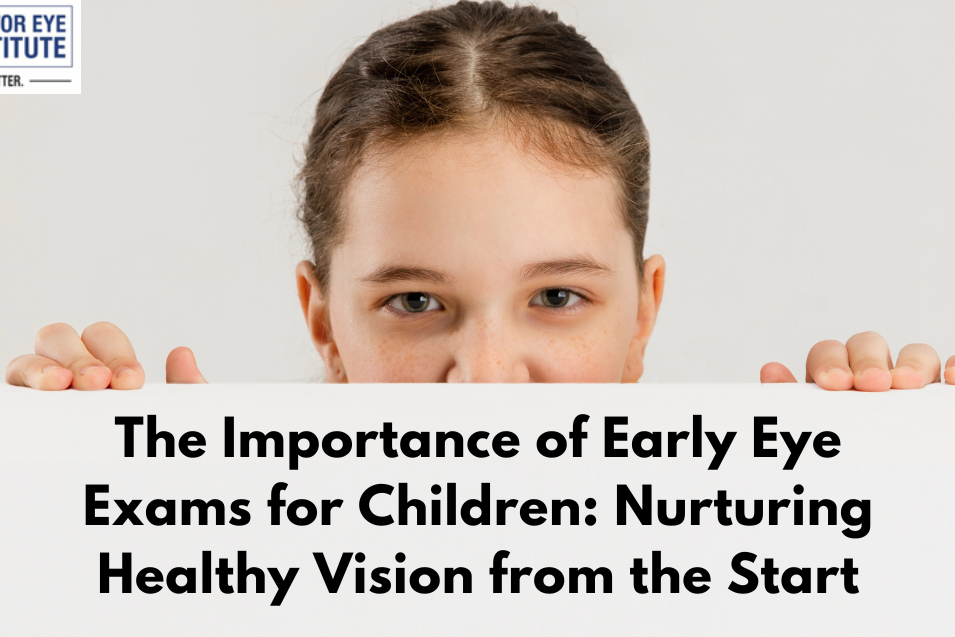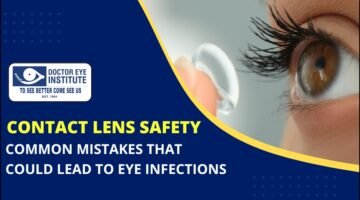The Importance of Early Eye Exams for Children
As parents, we want the best for our children, and ensuring their overall health includes taking care of their eyesight. Early eye exams play a vital role in identifying and addressing any potential vision problems.
In this blog post, we will explore the importance of early eye exams for children, what to expect during these exams, signs that indicate a child may need one, how to prepare your child for an eye exam, and the benefits of proactive eye care.
What to Expect at an Eye Exam:
Eye exams for children typically involve a series of tests to evaluate their visual acuity, eye muscle coordination, and overall eye health. These exams may include reading an eye chart, assessing how well the eyes work together, and using specialised tools to examine the structures of the eye.
It’s essential to find a friendly and experienced eye care professional who specialises in pediatric ophthalmology to ensure a comfortable and comprehensive examination.
Signs that Your Child Needs an Eye Exam:
Recognizing signs that your child may need an eye exam is crucial in ensuring their vision health. Look out for the following indications:
- Squinting: If your child frequently squints or closes one eye to see better, it could be a sign of refractive errors or other visual issues.
- Holding objects close: When your child holds books, screens, or toys unusually close to their face, it may suggest nearsightedness or difficulty focusing.
- Headaches: Frequent headaches, especially after visual tasks, can be a sign of eye strain or underlying vision problems that need attention.
How to Help Your Child Prepare for an Eye Exam:
Preparing your child for an eye exam can alleviate any anxiety and create a positive experience. Here are some tips to help them feel at ease:
- Explain the process: Talk to your child about what to expect during the eye exam, reassuring them that it won’t be painful.
- Emphasise the importance: Discuss the significance of healthy eyes and how the eye exam can help them see better and perform well in school and activities.
- Encourage questions: Let your child know they can ask questions, ensuring they feel empowered and involved in the process.
Benefits of Early Eye Exams:
Early eye exams for children bring several long-term advantages:
- Detecting vision problems: Early detection allows prompt intervention, preventing potential learning difficulties, and helping your child reach their full potential.
- Correcting refractive errors: Identifying and correcting refractive errors such as nearsightedness, farsightedness, or astigmatism can significantly improve your child’s visual clarity and comfort.
- Monitoring eye health: Regular eye exams enable eye care professionals to monitor your child’s eye health, ensuring any potential issues are addressed promptly.
- Boosting confidence and independence: Clear vision empowers children to engage fully in academic, social, and recreational activities, fostering confidence and independence.
Early eye exams provide a solid foundation for healthy vision and overall well-being in children. By understanding what to expect during an eye exam, recognizing signs that indicate a need for one, preparing your child, and appreciating the benefits of proactive eye care, you can set them on a path of optimal visual health. Remember, investing in their eye health today nurtures a brighter and clearer future for your child.









